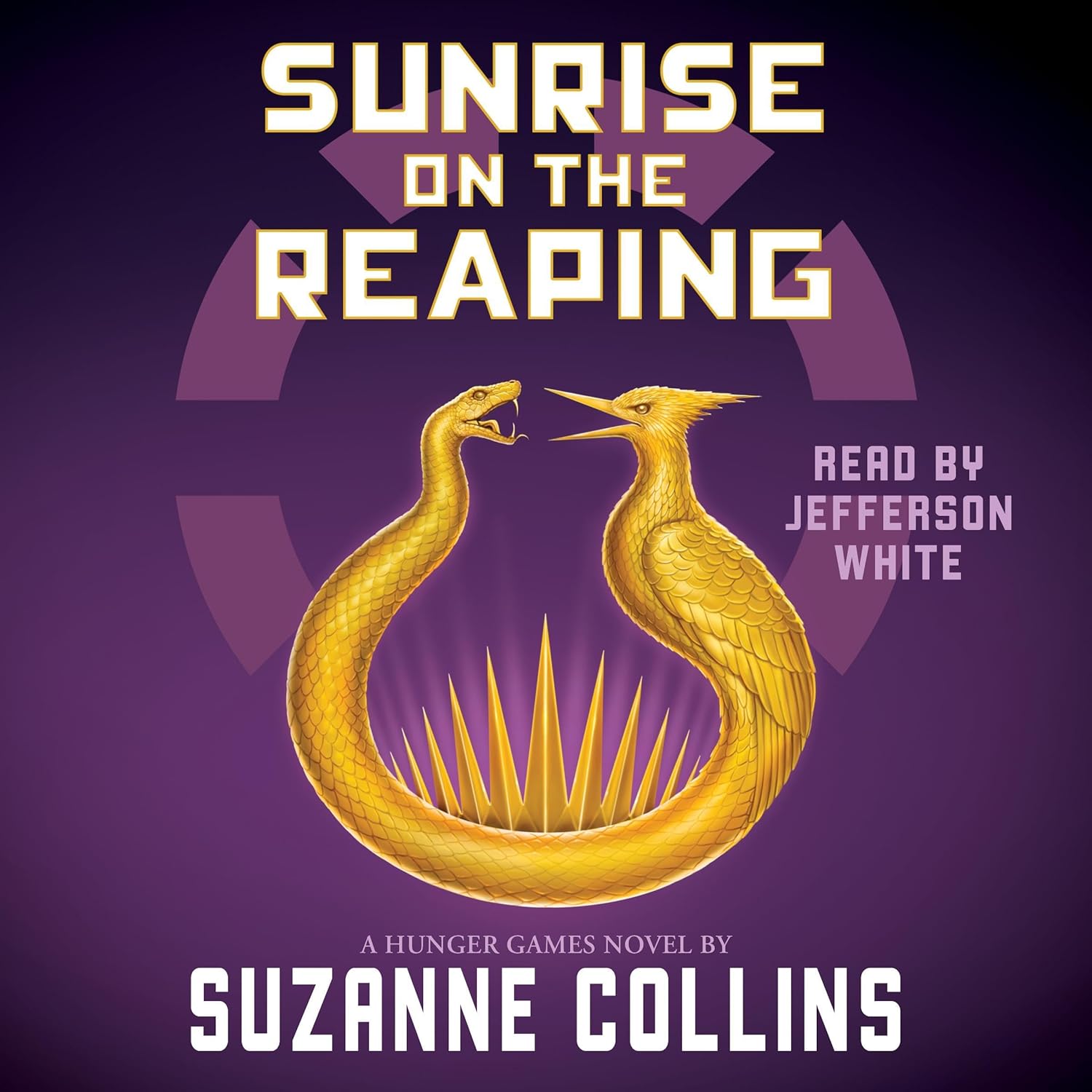Sunrise on the Reaping (A Hunger Games Novel) (The Hunger Games)
Page 510 Review
A Heartfelt Reflection on Loss, Love, and Legacy
This passage, a poignant reflection from an unspecified narrator, delves into themes of loss, remembrance, and the enduring power of love amidst the scars of war. It’s a powerful testament to the human spirit’s capacity to heal, even when burdened by grief. The narrator initially resisted contributing to a memorial book, asking, “I didn’t want to have anything to do with their memorial book after the war. What use? What point? To relive all the loss.” This resistance stems from a deep-seated desire to avoid confronting the pain and trauma of the past.
The Catalyst for Remembrance
However, the memory of Burdock and others, including Maysilee Donner and Sid, compels the narrator to share their stories. “But when Burdock’s page came up, I had to mention him showing me the grave. And I felt compelled to tell them about Maysilee Donner, former owner of the mockingjay pin. And how Sid loved the stars. Before I knew it, they all came tumbling out: family, tributes, friends, comrades in arms, everybody, even my love. I finally told our story.” This outpouring reveals the cathartic effect of remembrance, as sharing these memories helps the narrator to process their grief and honor the lives of those lost.
Katniss’s Gift of Hope
Katniss’s appearance with goose eggs symbolizes a gesture of hope and renewal. “A few days after that, Katniss showed up with an old basket filled with goose eggs. ‘Not to eat, to hatch. I raided a few different nests, so they can breed all right.’ Never mind that we had roast goose for dinner. She’s not an easy person; she’s like me, Peeta always says. But she was smarter than me, or luckier. She’s the one who finally kept that sun from rising.” Katniss’s actions represent a conscious effort to rebuild and create life after destruction, highlighting her resourcefulness and resilience.
Finding Contentment in the Simple Things
The hatching of the goslings and the narrator’s connection with them bring a sense of peace and belonging. “Peeta fashioned some kind of incubator, and when the eggs hatched, mine was the first face those goslings saw. Sometimes they just graze on the green, but on fine days, we’ve been known to wander on over to the Meadow. Lenore Dove likes it best there, and I’m content where she’s content. Like the geese, we really did mate for life.” This imagery of nature and companionship underscores the importance of finding joy in the simple things and cherishing relationships. The narrator’s contentment reflects a newfound acceptance and appreciation for life.
Facing Mortality with Acceptance
The narrator’s contemplation of their own mortality adds a layer of depth to the passage. “I’m not sure I’ll be here in the old therebefore much longer. My liver’s wrecked and I only dry out when the train’s late. I drink differently these days, though, less to forget, more out of habit. When my time comes, it comes, but I’ve no idea when that will be.” While acknowledging their declining health, the narrator expresses a sense of acceptance and resignation, choosing to live in the present moment rather than dwelling on the future.
The changed relationship with alcohol, “I drink differently these days, though, less to forget, more out of habit,” signals a shift from using it as a coping mechanism to a mere habit. This reinforces the idea that the narrator has begun to heal and confront their past traumas.
Themes of the Passage
In conclusion, this excerpt beautifully explores the enduring human spirit’s capacity for healing, love, and remembrance in the aftermath of trauma. It is a poignant meditation on loss, acceptance, and the importance of cherishing the present moment. The passage illustrates the power of storytelling to process grief and honor the lives of those who have passed, ultimately finding solace in nature, companionship, and the simple joys of life.
Buy full ebook for only $15: https://www.lulu.com/shop/suzanne-collins/sunrise-on-the-reaping-a-hunger-games-novel-the-hunger-games/ebook/product-e7496ww.html?page=1&pageSize=4
Read more: District 12: Kinship, Cruelty, and Alliances

